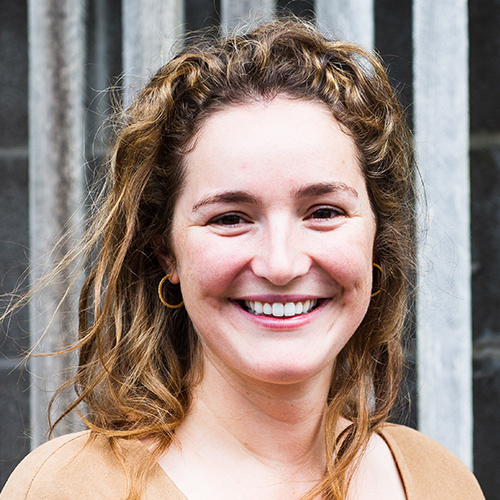I know most of you had a wonderful holiday because I was scrolling through Instagram on the sofa after Christmas dinner. I could see your log fire-roaring, roast chestnut-crackling, mulled wine-steaming, tree-glittering, snow-sprinkled, Skandi-knitted Christmases all the way down my feed. Except, when I caught up with friends in January, I found out that perhaps it wasn’t quite that wonderful — at least not all the time.
A few months ago, we went on a much-needed family holiday. Ten days in the sun and yes, I posted gorgeous photos of our amazing trip, all white smiles and white sand. But that wouldn’t have shown you the full story, about how we overslept and missed our flight. How we had to spend precious pennies on further tickets when we had been straining to do a holiday on a shoestring. How we worried as our toddler got sick and ran a fever of 40 degrees in a country where GP services were not available. What you didn’t see were the number of days that it wasn’t actually sunny, it was grey. And you also didn’t see the extra inches around my waist that I cropped out, and the fact that my teeth were rather more yellowed than I wanted them to be. You didn’t see that because I didn’t show you all of that. Crop, filter, withhold: there you go, life as I pretend it is, as I wish it was, as I think you’ll approve of.
I’m embarrassed to write this, even though I don’t know you. Why is that? I’m reluctant to be honest and share my real self, for fear you won’t like it. We so often feel we have to quality-control our image to show this perfect life that we know we aren’t really living. Yet at the same time, we’re suckers for believing that others around us pull it off. The first Netflix-commissioned episode of Black Mirror cleverly revealed the futility of our Instagramming culture. It exposed the insufficiency you feel when ‘comparing yourself to people who only pretend to be happy’ [1]. While it’s true that social media often exacerbates the problem, the real issue runs deeper; we crave acceptance and the security it brings. So many of us, if we are honest, are like Black Mirror’s Lacie Pound, living for acceptance, if not through ‘likes and shares’ then through our career, achievements, or the approval of our significant others — and yet we find this acceptance strangely elusive or unsatisfying. The brief dopamine rush flooding our brains when we get a ‘like’, ‘well done’, or ‘I love you’ is spent after five minutes and we crave a refill.
We can’t help it; we were built that way. We were designed to work best when we feel fully accepted and secure. It’s not wrong to want to be accepted or loved or praised and yet many of us have recognised we can have an unhealthy reliance on the acceptance of others. One reaction has been to argue we ought to rise above it. As one Medium writer posits, ‘Don’t focus your life and efforts on chasing a mirage… stop giving a damn about what people think’, and instead believe in yourself [2]. While it’s true that we can focus too much on the approval of others, learning to live like that and to accept ourselves is wrought with its own difficulties and limitations. Why? I would argue that this need of ours to be accepted is programmed into our make-up. We can’t just write it off, as hard as we try. CS Lewis (the Narnia guy) spoke of these insatiable needs in this way:
If I find in myself a desire which no experience in this world can satisfy, the most probable explanation is that I was made for another world. If none of my earthly pleasures satisfy it, that does not prove that the universe is a fraud. Probably earthly pleasures were never meant to satisfy it, but only to arouse it, to suggest the real thing’ [3].
In other words, when we have unquenchable appetites (like the longing for unconditional love and acceptance), these are clues hard-wired into our very humanity, pointing to the existence of a lasting solution.
So, instead of the mirage of acceptance that we search for in others or even in ourselves, Lewis became convinced of a God who could see the uncut version of our lives, who knows what’s just outside the crop marks and loves the whole of you anyway. It doesn’t matter if your Instagram is a scam or if you feel you’re not measuring up. You can approach this kind of friend unashamed. When you do, he has promised he will never reject you [4]. His acceptance is not dependent on our keeping up appearances. As the Bible explains: ‘Can anything ever separate us from Christ’s love? Does it mean he no longer loves us if we have trouble or calamity…?’ No, ‘I am convinced that nothing can ever separate us from God’s love’ [5]. He is the only one who can see behind the filter, who won’t unfriend you if your life is slightly frayed at the edges and loves you far more than anyone who has only seen the best of you. That’s the kind of acceptance that can make you feel truly secure.



